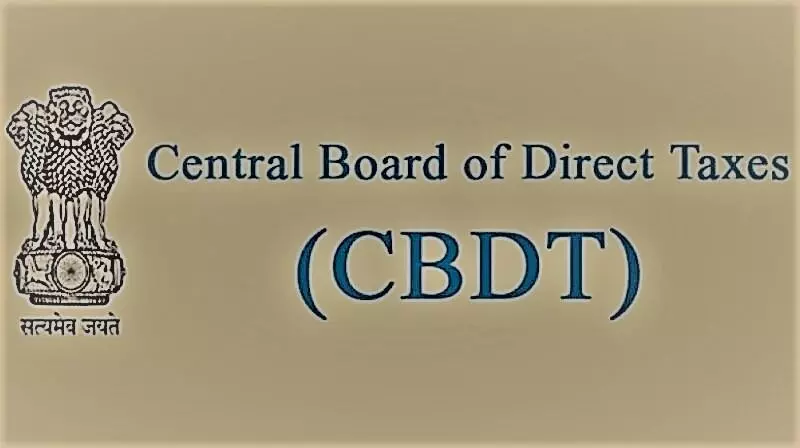CBDT's New Circular: Relief for Taxpayers Facing Interest Burdens on Delayed Payments

A new relief has come for those who pay income tax. Now in certain circumstances, tax officials will get the right to reduce or waive the interest on tax. The Central Board of Direct Taxes (CBDT) has recently issued a circular, under which such taxpayers will get help, who were not able to pay their taxes in full despite the tax demand notice and were troubled by the burden of heavy interest.
What does CBDT's new circular say?
CBDT issued a circular on November 4, giving the tax officials the right to reduce or waive interest in some cases. Under section 220 (2A) of the Income Tax Act, if the taxpayer has difficulty paying the interest, the officers can waive the interest under certain conditions. This exemption will be given in cases where the taxpayers tried to pay the tax honestly, but could not pay it on time for some reasons.
How much interest can be waived?
According to the instructions of CBDT, the limit for waiving interest has also been set:
- Interest of more than Rs 1.5 crore can be waived by the Principal Chief Commissioner.
- Interest of Rs 50 lakh to Rs 1.5 crore can be waived by the Chief Commissioner.
- Interest of up to Rs 50 lakh can be waived by the Principal Commissioner or Commissioner.
Under what circumstances will relief be given?
It has been clarified in the circular that the benefit of interest waiver or reduction will be available only in special circumstances, such as:
- If the taxpayer has financial difficulty.
- Payment has been hindered due to any external reason, such as natural disaster, serious illness or other unforeseen event.
- Taxpayers have cooperated with the department and cooperated in the investigation.
Significance of this decision
The move is aimed at providing relief to taxpayers, as many times the burden of interest increases on them due to not being able to pay on time. With this new facility, taxpayers can get relief from the huge amount of interest due to financial crises or other problems.
